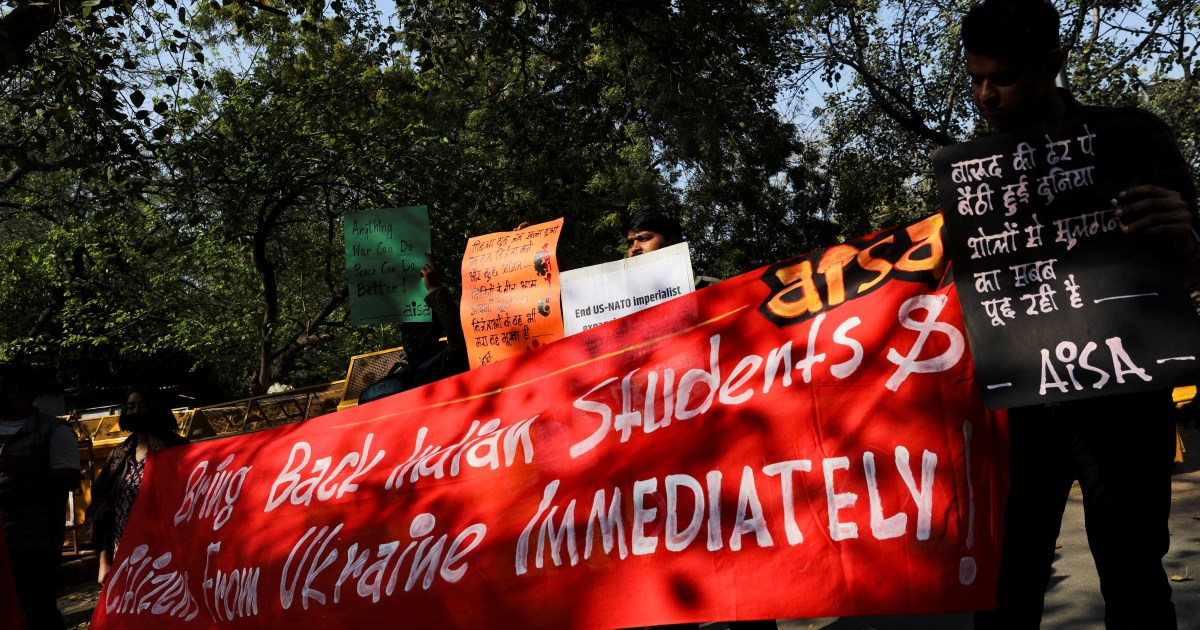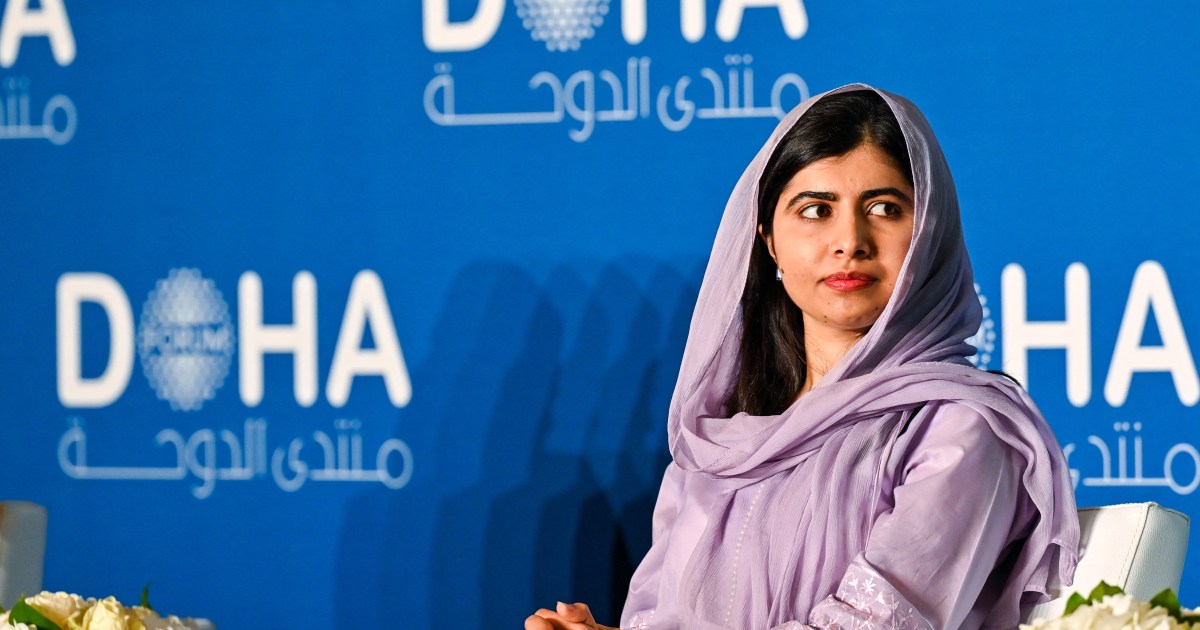Photos: Plastic waste turned into rugs in rebel-held Syria
At a rubbish dump in northwest Syria, Mohammed Behlal, 39, sorts plastic to be sold to recyclers and transformed into floor rugs and other items in the rebel enclave.
In rebel-held Syria, recycling is a lifeline for residents looking for work or items they otherwise could not afford. Behlal was shot in the leg during the fighting and has had trouble finding employment.
Behlal hacks through the pile with a scythe and his bare hands. He and two of his six children earn a living sifting through the refuse in Idlib province’s village of Hezreh, earning $7 to $10 a week each.
“It’s tiring … but what can we do, we have to put up with this hard labour,” said Behlal, who was displaced from neighbouring Aleppo province during Syria’s civil war.
In a large scrapyard, workers sort plastic junk loosely into piles according to colour and then cut it up and crush it into small pieces that are washed and melted into plastic pellets.
Farhan Sleiman, 29, is among those who handle the material brought in from the landfill.
“We buy plastic from roaming trash-picker trucks and children,” said Sleiman, originally from Homs province. He fears contracting “cholera or chronic illnesses” from working with the rubbish.
Elsewhere in northern Idlib province, workers at a factory making mats and rugs churn out brightly coloured plastic thread while large weaving machines click and clack.
Factory owner Khaled Rashu, 34, says rug making is a family tradition.
“We have more than 30 employees” at the factory, he said, significant in a region where many are jobless.
Large mats featuring geometric designs, some made with striking red or purple plastic thread, emerge from the weaving machines and are stacked into piles.
Shop owner Mohammed al-Qassem, 30, is among those selling the mats, which he says are a hit in an area where many people are displaced and live in basic tents or makeshift dwellings.
The mats cost between $5 and $15, while traditional Persian-style rugs are priced at about $100.
“In summer, demand for plastic mats increases” because they retain less heat, Qassem said from his shop in Maaret Masrin, a town in Idlib province.
But “they can also be used in winter and are less costly”, he added.




